7 Common Foods That Can Seriously Harm Your Heart

Your heart is the engine that keeps your body running, and taking care of it is one of the most important things you can do for your overall health. However, some of the foods you eat every day could be putting unnecessary strain on your cardiovascular system without you even realizing it. From snacks to beverages, certain items are more harmful than they appear. Here’s a list of seven common foods that can seriously harm your heart—and why making better choices can keep you healthier for longer.
1. Processed Meats
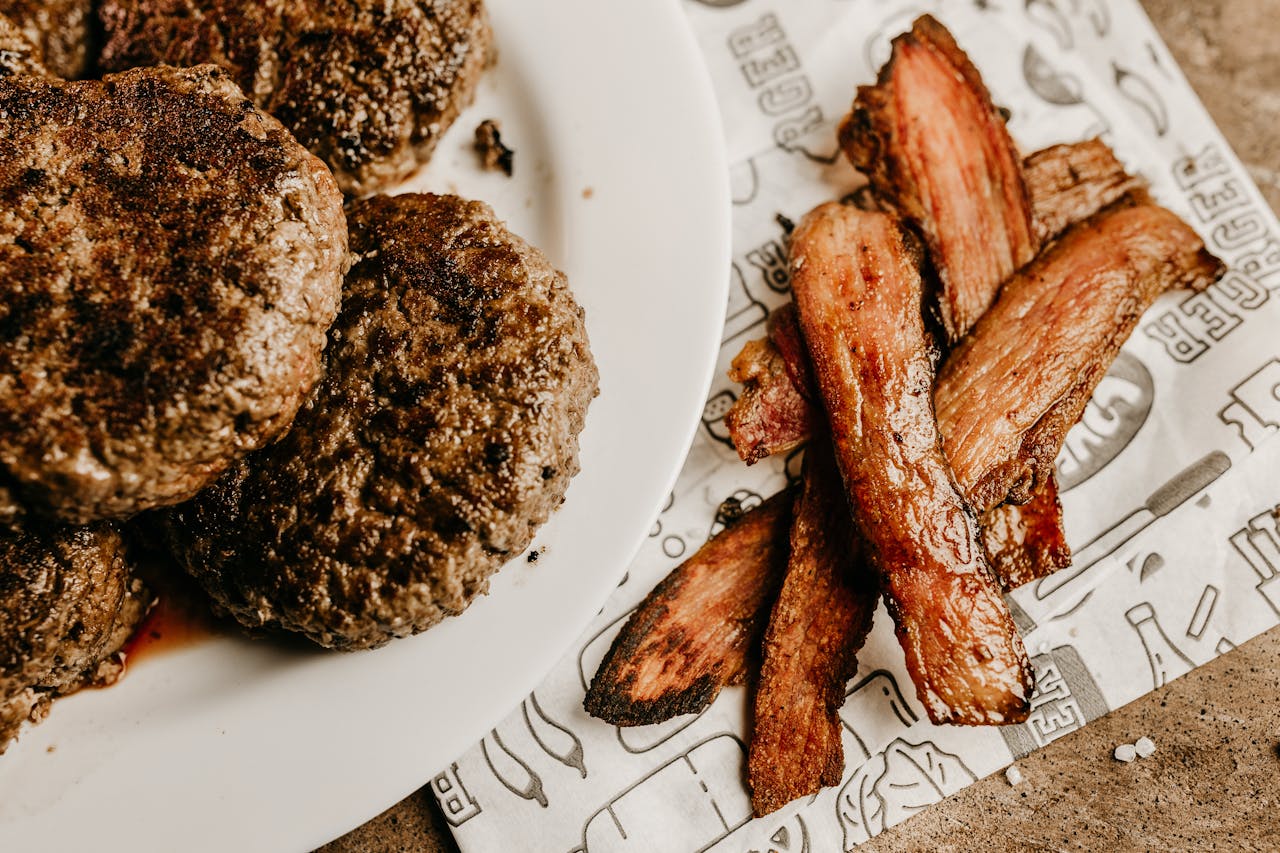
Processed meats such as bacon, sausages, salami, and deli meats might be convenient and flavorful, but they are packed with harmful ingredients. These products are typically loaded with saturated fats and sodium, both of which increase your risk of high blood pressure and heart disease. Moreover, many processed meats contain nitrates and nitrites, which have been linked to damage in blood vessels and the formation of arterial plaques. Studies have shown that regular consumption of processed meats is associated with a heightened risk of heart attack and stroke, making it wise to limit or eliminate these foods from your diet.
2. Sugary Beverages

Sugary drinks like soda, sweetened teas, and energy drinks are a major culprit when it comes to heart-related health issues. These beverages contribute to rapid spikes in blood sugar levels, leading to insulin resistance and weight gain. Over time, the excess sugar in your bloodstream can increase triglycerides and lower good HDL cholesterol, both of which are red flags for heart health. Furthermore, sugary drinks have no nutritional value and can add hundreds of empty calories to your daily intake. Replacing these beverages with water, herbal teas, or unsweetened alternatives can make a significant difference for your heart.
3. Fried Foods
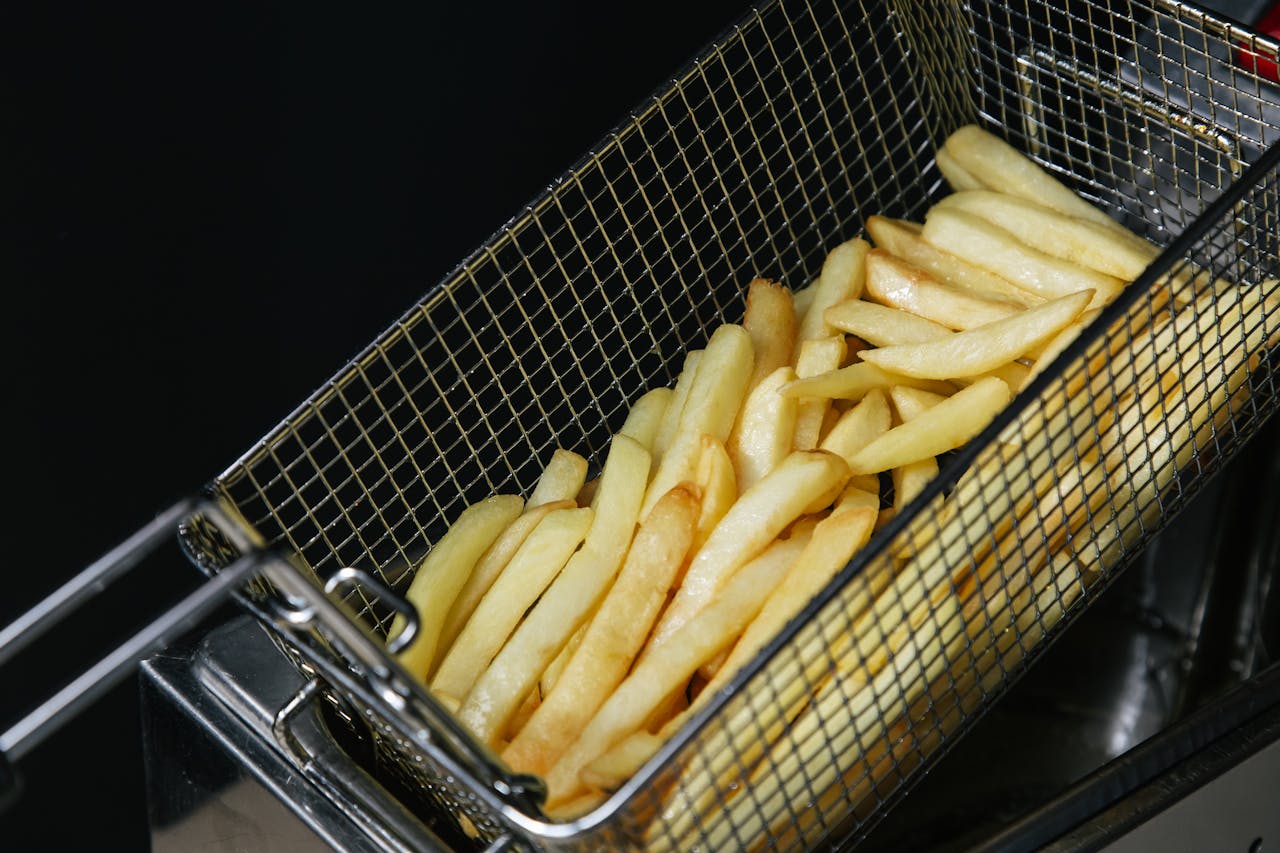
Few things are as tempting as crispy fries or fried chicken, but fried foods are among the worst offenders when it comes to heart health. They are often cooked in unhealthy oils high in trans fats and saturated fats, which clog arteries and raise levels of bad LDL cholesterol. Additionally, frying produces compounds called advanced glycation end products (AGEs), which can increase inflammation and oxidative stress in the body. Both inflammation and oxidative stress are key contributors to cardiovascular disease. If you enjoy fried foods, consider air-fried or oven-baked alternatives to reduce your risk.
4. Refined Carbohydrates and White Bread
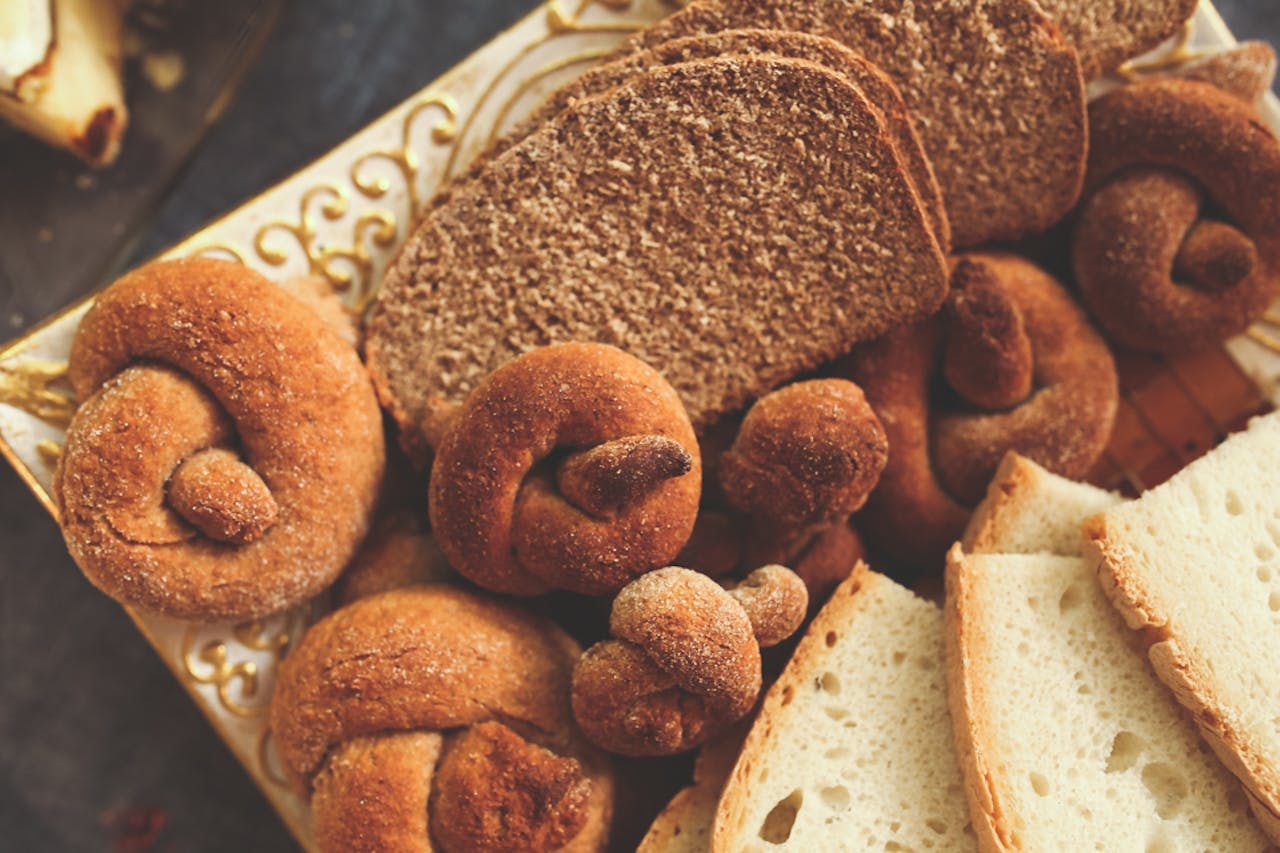
White bread, pastries, and other refined carbohydrates may taste great, but they are essentially stripped of nutrients and fiber during processing. When consumed, they quickly convert into sugar in your body, causing blood sugar spikes and crashes. These fluctuations can lead to insulin resistance and fat accumulation, particularly around your abdominal area, which is a known risk factor for heart disease. Diets high in refined carbohydrates have also been linked to increased triglyceride levels and inflammation, both of which harm the heart. Opting for whole-grain or high-fiber alternatives can provide your body with the nutrients it needs without the associated risks.
5. Excessive Salt

Salt is one of the most ubiquitous ingredients in modern diets, but consuming too much can wreak havoc on your heart. High sodium levels force your body to retain water, which increases blood volume and puts extra strain on your heart and arteries. This leads to high blood pressure, a primary risk factor for heart attacks and strokes. Unfortunately, salt is hidden in many processed foods, canned goods, and restaurant meals, making it easy to overconsume without realizing it. Choosing low-sodium options and cooking meals at home with minimal salt are effective ways to protect your cardiovascular health.
6. Full-Fat Dairy Products
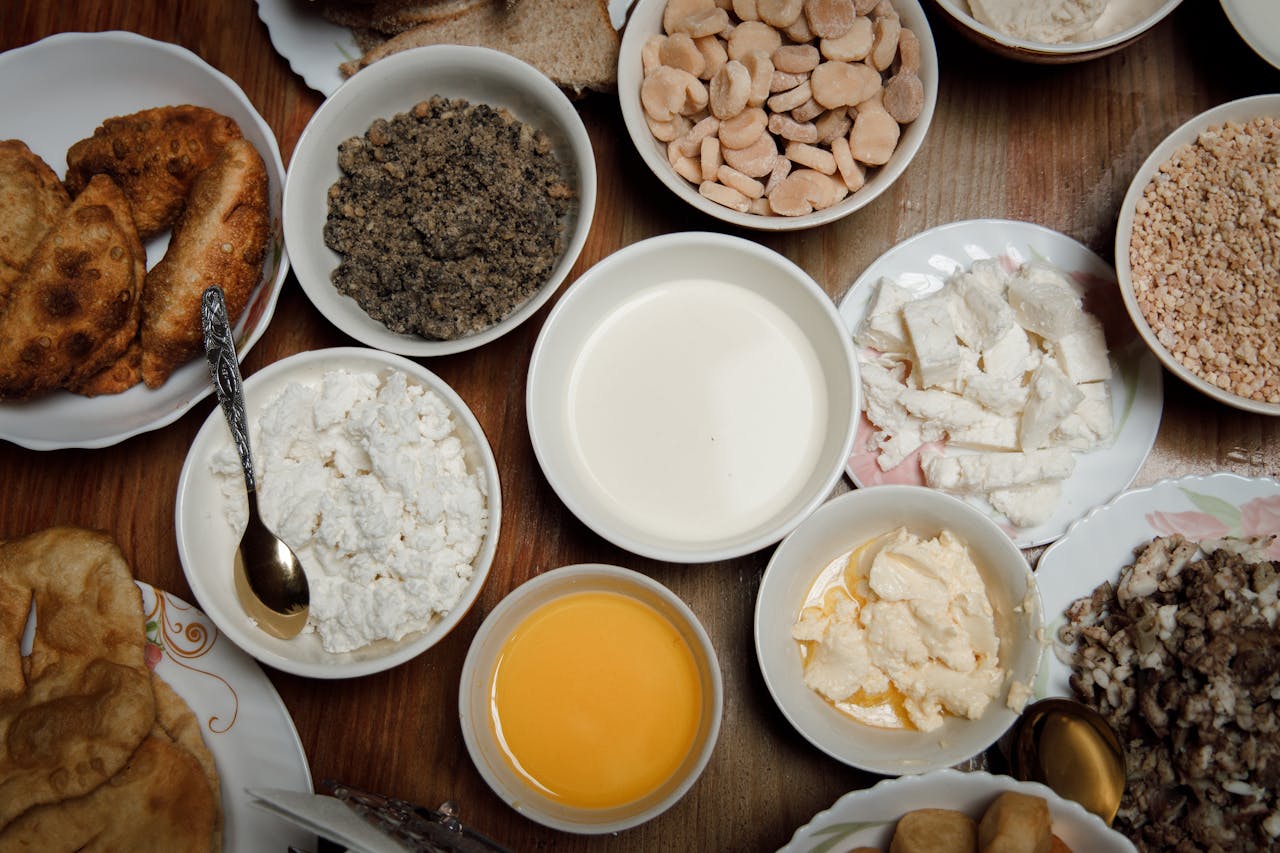
Full-fat dairy products like whole milk, butter, and cheese are high in saturated fats, which can raise your LDL cholesterol levels and increase the risk of cardiovascular disease. While these foods are often marketed as rich and satisfying, they can contribute to plaque buildup in your arteries over time, reducing blood flow and raising your risk of heart attacks. Substituting full-fat dairy with low-fat or plant-based alternatives such as almond milk, oat milk, or low-fat yogurt can help you enjoy similar flavors without jeopardizing your heart health.
7. Packaged Snack Foods
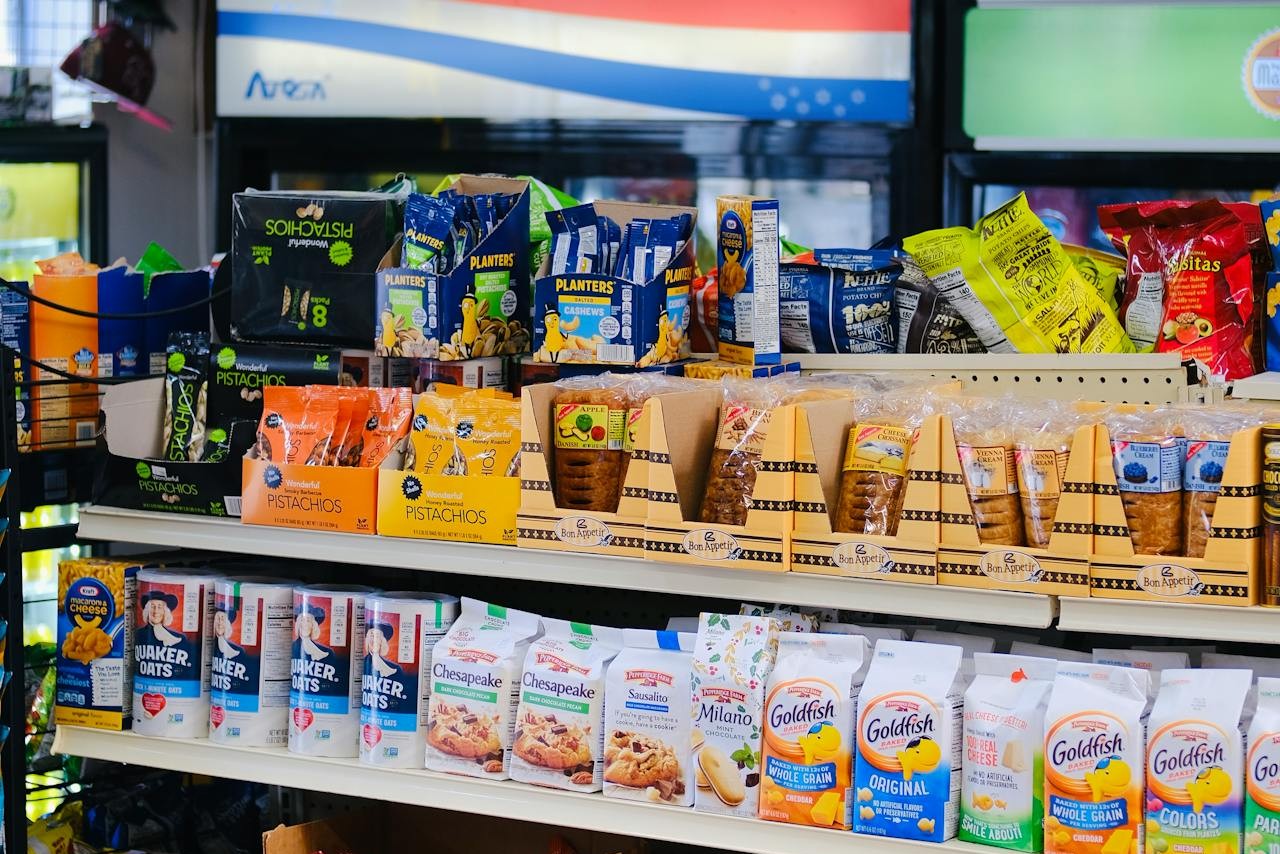
Chips, crackers, and cookies may be convenient and tasty, but they often come with a dangerous mix of trans fats, sodium, and refined sugars. Trans fats, in particular, are notorious for increasing bad cholesterol levels and lowering good cholesterol, leading to clogged arteries and a higher risk of heart disease. Additionally, these snacks are designed to be addictive, making it easy to consume far more than a reasonable portion. Instead of reaching for packaged snacks, try heart-healthy options like unsalted nuts, fresh fruits, or whole-grain crackers to keep your heart in good shape.
Final Thoughts

While indulging in your favorite treats occasionally is fine, consistent consumption of the foods listed above can take a serious toll on your heart over time. The good news is that making small but consistent changes to your diet can have a profound impact on your cardiovascular health. Start by incorporating more whole foods like fresh fruits, vegetables, lean proteins, and whole grains into your meals. Avoiding processed, fried, and sugary foods can help you maintain a healthy weight, stabilize your blood pressure, and reduce your cholesterol levels.
In addition to improving your diet, staying active, managing stress, and getting regular checkups can further support your heart. By being mindful of what you eat and making informed choices, you can protect your heart and enjoy a longer, healthier life. Remember, every bite you take is an opportunity to nourish your body and strengthen your most vital organ.
Leave a Reply